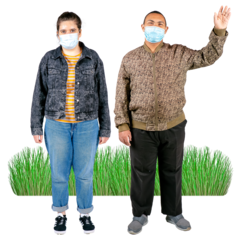
What is life really like for people with learning disabilities during the pandemic?
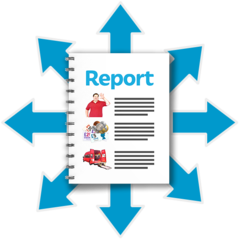
The Coronavirus and people with learning disabilities research study has just published its findings from the first wave of the research.
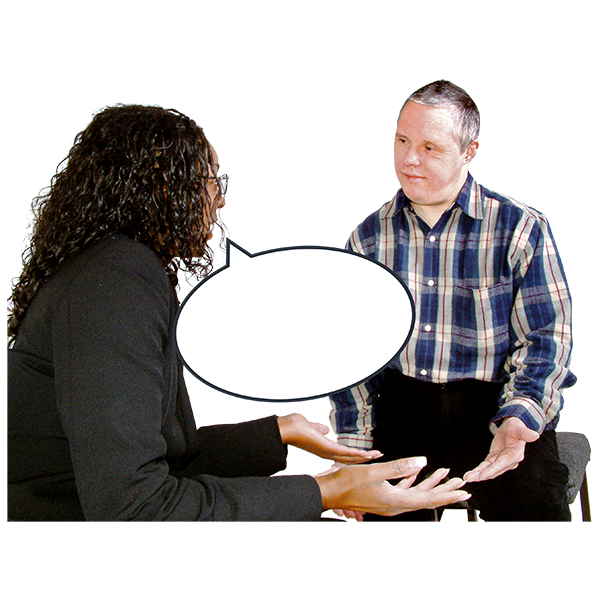
The first wave included 621 adults with learning disabilities who told the researchers about their lives during COVID-19.
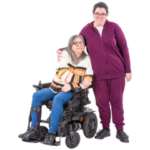
And 378 family carers or paid support staff answering questions about the lives of people with learning disabilities who could not talk to the researchers themselves.

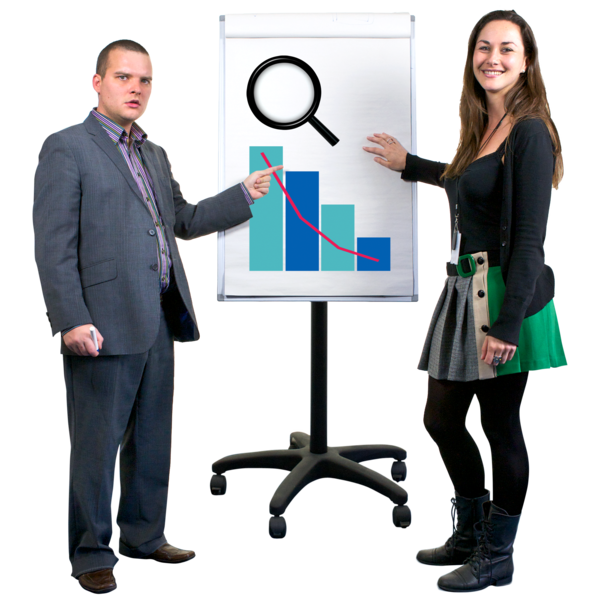
This research is being done by 12 universities working together.
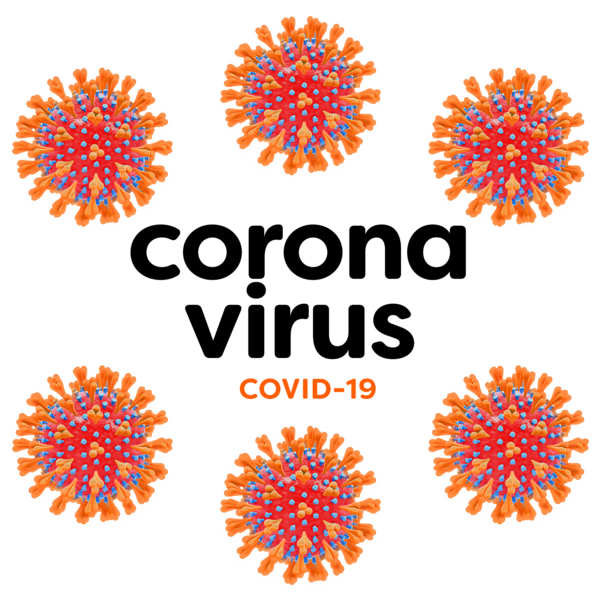
The research is finding out about the lives of adults with learning disabilities through the coronavirus pandemic.
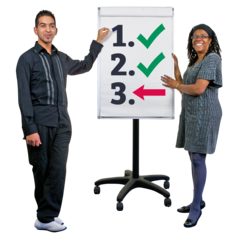
There will be 3 waves, meaning the researchers can understand how things change over a year between 2020 and 2021.

Learning Disability England is partnering this research because we know how important it is for people with a learning disability to have a louder voice.
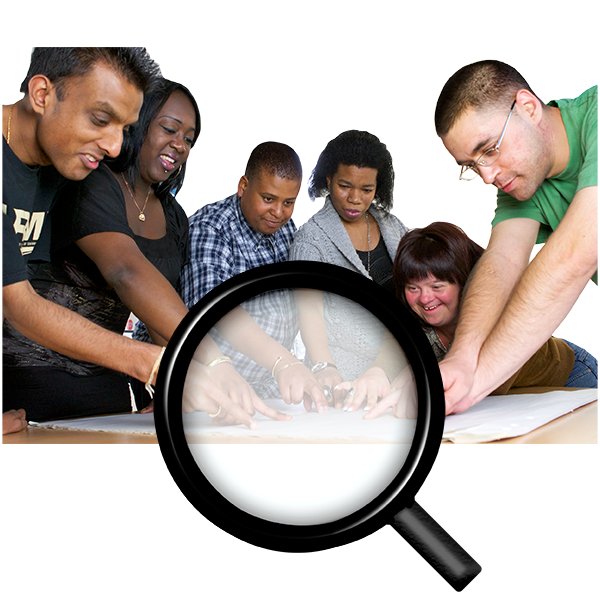
The research team works with advisory groups, and pays their members.
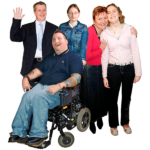
There are some advisory groups who are people with learning disabilities.
There are other advisory groups who are family carers of people with learning disabilities.
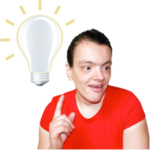
They all tell the research team about important questions that they want to find out about and the research team ask these questions in the interviews.
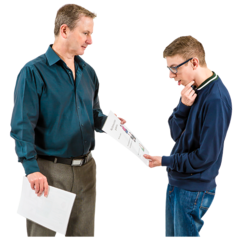
They also tell the research team how they would like results to be shared.

Richard Keegan-Bull, Advisory Group member and self advocate with a learning disability said:
“These findings from the research are really important because they come from people with learning disabilities speaking to the researchers themselves. So we are hearing about what life has really been like for them during Covid. The work of the Advisory Group is important because it makes sure the researchers ask the questions that matter to people with learning disabilities”.

Involving the advisory groups helps to make sure that the voices of people with learning disabilities and family carers are heard in every part of the research study.

